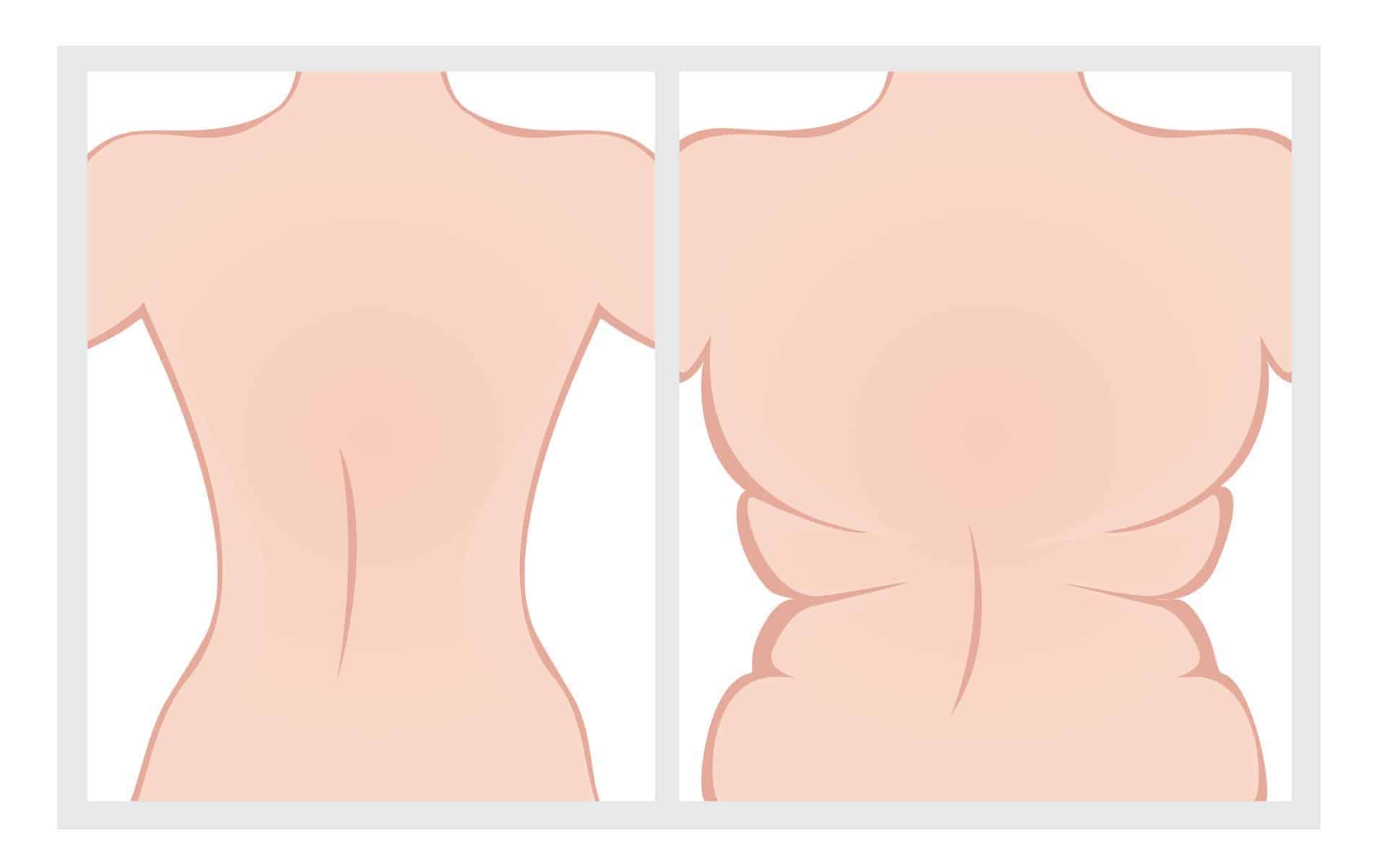Getting in shape is hard work, so who wouldn’t want some downtime? But don’t quit moving just yet because letting all your hard work go down the drain is not your goal. When you stop exercising, your body goes through many physical changes that can be unhealthy.
This is What Happens to Your Body When You Stop Exercising
A body at rest tends to stay at rest, while a body in motion tends to stay in motion. Although this is a tenet of physics and momentum, it happens to be true for physical activity as well.
Those who make a healthy habit of exercise reap the rewards of feeling better, so they tend to keep up the work. Once you slack off and stop exercising, your body experiences several changes for the worse.
Fitness Level Changes When You Stop Exercising
For an athlete, the effects of not exercising are more profound than those of a recreational exerciser. Stopping a fitness regimen for a regular person might show health decreases over a month or two. However, an athlete will experience these negative health changes almost immediately.
What Happens to Heart Health When You Stop Exercising
Your blood pressure is higher on the days that you don’t work out compared to the days that you do. If you go even longer without exercise, after a month of not exercising your blood pressure will return to where it was before starting any fitness routine.
It can take you longer to get back into your routine once you start due to the need to start slowly. When you go from a period where you have stopped exercising to beginning again, you increase your risk of cardiac events, such as heart attack. The Centers for Disease Control recommends starting a fitness program slowly after a period of inactivity to reduce this risk rather than going into an intense cardio workout.
Effects on Your Blood When You Stop Exercising
VO2 Max, or your maximum capacity to carry oxygen in your blood, is one of the most immediate changes that doctors can measure in the body when you stop exercising. Your breathing rate increases as you exercise, increasing your VO2 Max. Without the increase in respiration, your ability to oxygenate your blood decreases.
“There are studies indicating a decline of 7 to 10% of VO2 after 12 days of sudden inactivity, 14 to 15% after 50 days, and 16 to 18% after 80 days,” says Andreas Bergdahl, an assistant professor in cardiovascular physiology at Montreal’s Concordia University. “Maximal values for cardiac output, stroke volume [the amount of blood pumped out of the heart during each contraction] and ability of mitochondria to extract oxygen each decline along the same lines while the heart rate increases.”
Your blood sugar or glucose also increases when you stop exercising. Without muscles working to use up the excess sugar in your blood, that glucose stays in the blood. As a result, staying sedentary increases your risk of diabetes and heart disease.
Effects on Muscles and Joints When You Stop Exercising
When you exercise your muscles, tiny tears make them grow bigger and stronger as they heal. Without exercise, your muscles begin to atrophy, causing you to lose muscle mass and strength. Regular exercise gives you benefits of flexibility and coordination as well as strength.
When you stop exercising, you lose mitochondria which are the cells within your muscles that convert that oxygen into energy. In a British study, 2 weeks of immobilization decreased muscle mitochondrial content as much as 6 weeks of endurance training increased it.
Without that fat burning function of your muscles, your metabolism slows down. This can lead to weight gain or even just a change in body fat percentage. In findings published in the Journal of Strength & Conditioning Research, a 5-week exercise break boosted collegiate swimmers’ fat mass by 12 percent.
Effects on Your Brain When You Stop Exercising
Your brain releases endorphins when you exercise, so quitting exercise means no more pleasure sensations from the runner’s high. The positive mood-regulating effects of exercise will disappear once you stop exercising.
According to the CDC, “Regular physical activity can help keep your thinking, learning, and judgment skills sharp as you age. It can also reduce your risk of depression and may help you sleep better. Research has shown that doing aerobic or a mix of aerobic and muscle-strengthening activities 3 to 5 times a week for 30 to 60 minutes can give you these mental health benefits. Some scientific evidence has also shown that even lower levels of physical activity can be beneficial.”
Regular activity also helps memory function in the brain. A study published in the Proceedings of the National Academy of Sciences demonstrated that exercise in older adults increased the size of the hippocampus, an area of the brain that helps with memory. Stopping for as little as a week results in fewer brain cells growing in this area of the brain.
Avoid the negative health and fitness consequences of retraining your body by sticking with your workout. If you do need a break from exercise, try to get a brisk walk still in at least once per week to maintain some of the health benefits of exercise.















 Community
Community

